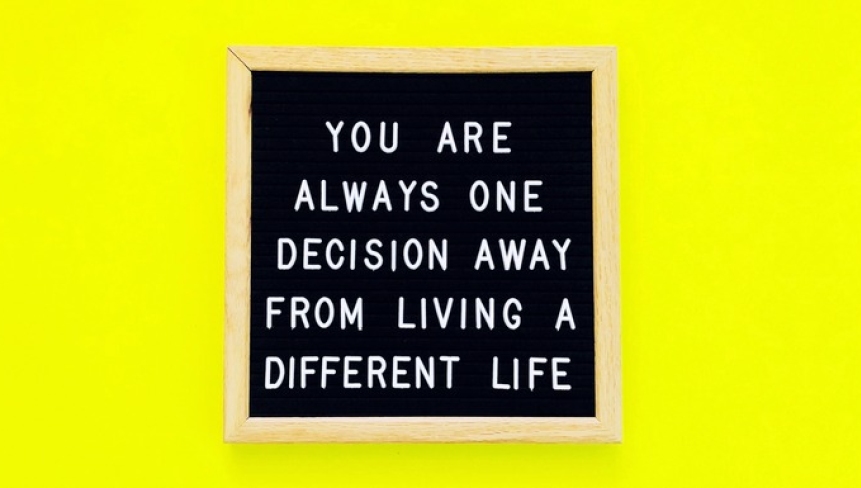Every relationship has a story—a narrative we tell ourselves about how things are, how they’ve been, and what they’ll always be. And while we often think of "love stories" in the context of romance, there’s another relationship in our lives that deserves just as much attention: our relationship with money.
Raising financially responsible children who may one day become the next "Millionaire Next Door" is less about complex financial strategies and more about small, intentional lessons woven into everyday life.
Have you ever tried to steer a parked car? No matter how much you turn the wheel, you’re going nowhere. It’s a simple truth: movement is necessary for progress. Yet, movement without direction can quickly become chaos. The sweet spot lies in finding the balance—moving forward while knowing where you want to go.
When it comes to financial success, many people fall into the trap of waiting for the "perfect moment" to start. “I’ll save when I earn more,” or “I’ll invest when the markets feel safer,” are common refrains. But here’s the thing: there’s rarely a perfect moment. Success isn’t built on monumental leaps; it’s built on the foundation of small, consistent actions.
Do you ever find yourself replaying decisions from your past, wishing you could rewrite the story? It’s easy for our minds to fixate on the paths we didn’t take, the doors that closed, or the moments that feel like they’ve determined everything about our present. “I missed my chance, and now it’s too late.” “I shouldn’t have made that decision back then; look where it’s left me.” “I don’t deserve to move forward because of mistakes I’ve made.”
Why do pessimistic views often sound so convincing? It’s an interesting phenomenon—when someone warns of an impending financial crash, we perk up, nod solemnly, and give their words the weight of wisdom. But when someone speaks of growth, opportunity, or prosperity, it can come across as naive or overly simplistic. Why is that?






